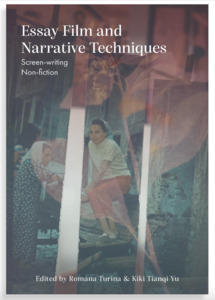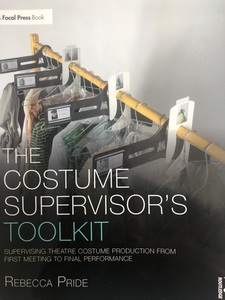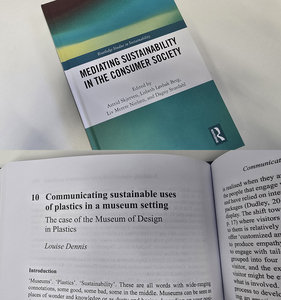The increasing complexity of external regulation and quality metrics applied to universities in recent decades has emphasised the importance of the internal role of Head of Quality. This thesis discusses the social power and professional autonomy of Heads of Quality in higher education in England. It considers the types and levels of power and autonomy they exercise, and how this is affected by organisational structure. Following a scoping survey with responses from 52 Higher Education Institutions (HEIs) in England, 11 interviews were conducted across three case study HEIs, selected as representatives of particular organisational types, with staff in similar roles interviewed in each case. Alongside the Head of Quality, interviews were also conducted with their line manager, a direct report, and a senior academic with responsibility for quality management. The thesis proposes a new exploratory typology of HEIs according to organisational structure, based on the degree of centralisation / devolution and the strength of hierarchical control. Secondly, it offers an enhanced understanding of the role played by ‘third space’ professionals within English higher education, typified by the Head of Quality. It argues that the ‘space’ in which these third space professionals operate is not uniform, and that while each Head of Quality exercises professional autonomy, the ways in which these are enacted is dependent on organisational type and the availability of different bases of social power. It therefore adds to the literature on third space professionals in higher education, by proposing a more structurally-situated explanation for the phenomenon which also considers organisational type. Finally, the thesis proposes a model of social power and the deployment of professional autonomy according to organisational type. These findings extend our understanding of the exercise of social power and professional autonomy within different types of HEI, and have practical implications for universities, individuals with responsibilities for quality assurance, and the wider professional workforce.
 |



 Lists
Lists Lists
Lists










